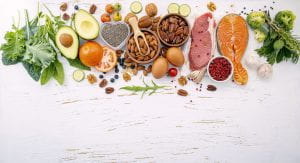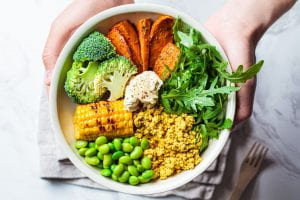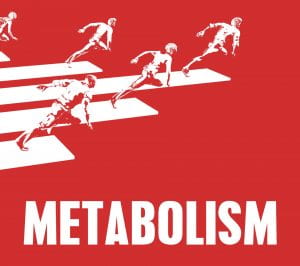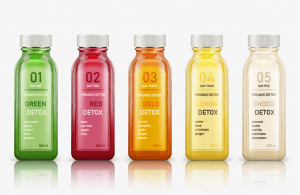
If you’ve ever tried to lose weight, you’ve noticed the myriad of diet options out there: keto, paleo, WW (formerly Weight Watchers), the Mediterranean diet, and many more.
Is there a way to tell which one works the best? Public health officials have been asking this question for decades. The answer emerging from the most recent data is unexpected: They all work, and what works best for you depends on a variety of biological and lifestyle factors. [Read more…]
 After a holiday season full of good cheer—and extra cocktails for many—more Americans than ever participated this year in “Dry January,” a month-long sobriety challenge that began as a public-health campaign in England. Surveys found that between 13 and 15 percent of Americans decided to forgo alcohol that month, an increase from last year.
After a holiday season full of good cheer—and extra cocktails for many—more Americans than ever participated this year in “Dry January,” a month-long sobriety challenge that began as a public-health campaign in England. Surveys found that between 13 and 15 percent of Americans decided to forgo alcohol that month, an increase from last year. An estimated 3 percent of Americans follow a vegan diet, not consuming any animal products at all; an additional 5 percent follow a vegetarian diet, eating eggs and dairy, but not meat. At the same time, Americans are
An estimated 3 percent of Americans follow a vegan diet, not consuming any animal products at all; an additional 5 percent follow a vegetarian diet, eating eggs and dairy, but not meat. At the same time, Americans are 





